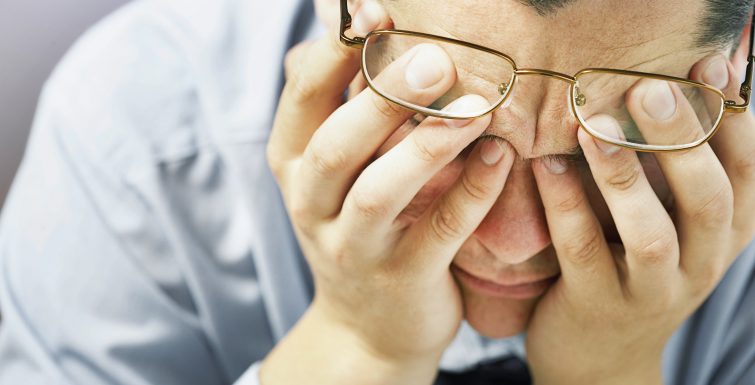Julie Entwistle, MBA, BHSc (OT), BSc (Health / Gerontology)
We know that exercise, sleep and healthy eating are the three most prominent predictors of health. But in exploring my own health issues of recent, I was reminded of another important key to this puzzle: stress. So, I put together my own simple health formula:
Eat well + exercise + sleep – stress = health.
Complicated, I know, but the impact of stress cannot be overemphasized:
In 2013, Statistics Canada reported that 23.0% (6.6 million) of Canadians aged 15 and older reported that most days were ‘quite a bit’ or ‘extremely stressful’, unchanged from 2012. Females report slightly more stress than males, at 24.6%, to 21.3%, respectively. That is a lot of stress.
While we know that some stress is good (“eustress”) and causes us to “up our game” and become better, stronger or more resilient, most is bad (“distress”) and can lead to a multitude of health problems including headaches, stomach issues, blood pressure increases, heart problems, diet and sleep disorders. Further, often stress can resort to poor coping through alcohol and drugs, leading to even bigger issues (WebMD).
Honestly, I get it. Stress is everywhere. I feel stress as a mom, as a wife, as a daughter, as an in-law, as a sister, as an entrepreneur, a health professional, business partner, boss, pet-owner, neighbor, friend and honestly a human-being (did Trump really get elected?). Managing this stress to the point of having a suitable deductible from my health equation is an important priority.
So how does occupational therapy help? Well, knowing that stress is a predictor of health, and that it is hard to rehabilitate people who are acutely and chronically stressed, focusing on stress-reducing strategies is one of the key foundations of helping people to function better. Of course, the nature of the stress-reducing strategy will depend on the person, and how they rate and identify their main stressors. However, typically occupational therapists help people to manage stress both actively and passively.
Actively, we want people to identify their stress, work to reduce or eliminate this if possible, and start aligning their time with stress-reducing activities. Meditation, relaxation exercises, deep breathing, scheduled breaks at work, exercise (even if mild), improved sleep, and changing roles at home or work can start moving stress along the continuum from problematic to manageable.
Passively, there are ways to avoid stress once the triggers are identified. Proper planning of activities and events, avoidance of stressful situations or people, learning to say “no”, setting boundaries, and having a routine that does not allow stress to move in and start sleeping on your couch can prove helpful.
Ironically, exercise, sleep and eating well work to reduce stress as well, so if you can heavily weight the first half of my untested equation, you can still move things into the health stratosphere. Parents need to remember too that kids also feel stress (school, sports, worries about this or that) so monitoring their stress is also important because they may lack the skills to identify or manage this themselves. Play, games, sports, free time, adequate sleep, not taking school too seriously, and creative non-tech outlets are other strategies to help kids (and adults) de-stress and add deposits into their healthy bank account.

